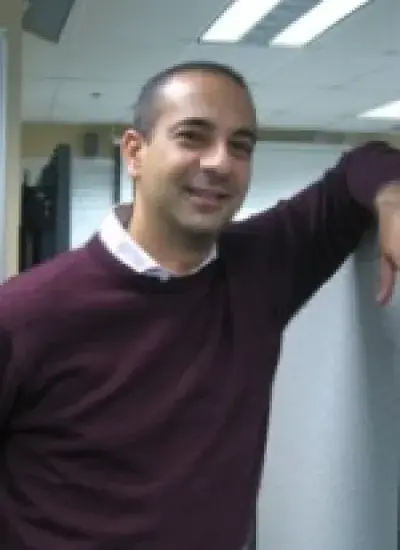Enriching an Urban Enclave’s Social Capital through Social Computing: A Hierarchy of Explanation

Speaker
Quentin Jones
Assistant Professor, Department of Information Systems, New Jersey Institute of Technology
When
-
Where
Newell-Simon Hall 1305 (Michael Mauldin Auditorium)
Description
Using computer technology to improve people’s navigation of their social environment is a simple way to improve social connectivity and coordination (social capital). Improving social capital is an important concern, as individuals embedded in richly connected social environments are better able to handle personal setbacks such as financial failures and illness, provide social support for others and advance their career. People generally operate within physical environments with common purposes, and key amongst these are urban enclaves. While urban enclaves often provide a good environment for people to come together, their very nature (e.g., geographic expanse, core and transitory occupants) suggests why improvements in social connectivity and coordination, enabled by social software, are desirable.
An under-researched way to improve social navigation, coordination and connectivity in urban enclaves is through social recommendation systems. These can be categorized into two main forms: (1) social-matching systems (systems that recommend individuals to each other) and (2) social-interaction-space recommender systems, which suggest various social venues (e.g., computer club meetings, political events, online chat rooms, etc.) to users. While it is possible to design such recommendation systems utilizing peer-to-peer methods, there are a number of theoretical advantages to the alternative approach of leveraging a dynamic model of the social interaction environment. Of particular relevance, is the ability of model-based systems to utilize user feedback and behavior to dynamically adjust matching algorithms to increase the likelihood of achieving a specific social goal, such as increased geographically concentrated social capital.
Building a model-based social recommendation system for real world environments requires an implicit recognition of a social computing hierarchy of explanation. This hierarchy needs to recognize four distinct explanatory modes. The first of these is resources supply (e.g., potential users, hardware, etc.), the second is the social computing artifacts that enable and constrain a ranger of user behaviors, the third is of individual action and the fourth, is in terms of meaning, values, and art. The hierarchy will be illustrated through a discussion of the NSF funded SmartCampus project which aims to increase geographically concentrated social capital through social software. This in turn will lead to a discussion of the value and challenges associated with model-based social recommendation systems.
Speaker's Bio
Quentin Jones is an Assistant Professor at New Jersey Institute of Technology in the Department of Information Systems. His research interests are primarily in the area of Social Computing and Computer Supported Cooperative Work (CSCW). Specifically, he is interested in how various social computing system designs can both enable and constrain interpersonal and group interactions, and how the use of such systems can lead to the expansion of social ties/capital. He directs the SmartCampus (NSF Funded) initiative to explore these challenging research questions. His work experience and educational training cross many international borders and disciplines.
Before coming to NJIT, he was a Research Scientist in the Human Computer Interaction Group at ATT Labs-Research, USA. He built the first public web site for the Israeli Defense Forces and in Australia worked as a Research Scientist for QUIT (a federally funded national public health program) and as a Research Psychologist in the Medical Psychology Unit, Department of Medicine, University of Sydney. He holds a Ph.D. in Information Systems from University of Haifa, Israel, a M.P.H. (Bio Statistics) from the Department of Medicine, University of Sydney and a B.A. Hons in Psychology from University of Sydney.
Host
Jodi Forlizzi

